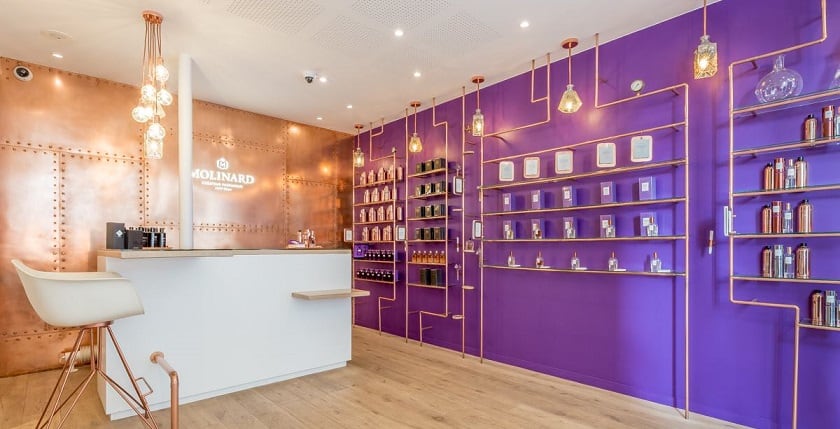According to Euromonitor International, the premium or fine fragrance market in China has seen dynamic growth in the last decade.
Stephanie Yao, senior research analyst at Euromonitor International, highlighted that the demand for fragrances, which as seen as high-end products, are being driven by the increasing sophisticated tastes of Chinese consumers.
“With the growing consumer sophistication, consumers’ attention is likely to shift from skin care, to colour cosmetics, and then to fragrances,” she said.
Fragrances are also considered by Chinese consumers as the ‘perfect’ gift due to their luxury image, which is further driving up sales, Yao added.
According to Euromonitor data, Jo Malone London, Christian Dior, Yves Saint Laurent, Chanel, Prada and Tom Ford are the fragrance brands at the forefront of consumers’ minds today.
While the category has seen ups and downs in China, the fragrance category has been tracking upward in since 2017.
“Premium fragrances notably benefited from increasingly aspirational consumer attitudes, with these in turn being linked to ongoing growth in disposable income levels. In addition, growth was supported by leading players such as Chanel and Parfums Christian Dior expanding their distribution networks,” said Yao
She said that the fragrance market was expected to continue the strong value growth in the forecast period.
Euromonitor data estimates that the fragrance market in China will be worth RMB12bn ($1.7bn) by 2023.
Yao explained that this growth is underpinned by the e-commerce channel, which has been key in driving the growth of the category.
“Online platforms are considered as a good way to approach a larger consumer base with diversified goods and decent service. Many international brands consider e-commerce as the first step to tap into Chinese market. For instance, Chanel joined Tmall in July 2019 by selling products including its signature fragrance, Chanel No.5.”
Yao believes that e-commerce will be instrumental in ‘dialling up’ the fragrance market in China in the future.
Luxury game
Yao reiterated that the high-end positioning of fragrance will continue to a driving force in the category.
“With the rising disposable income, more local consumers are in pursuit of quality products, particularly young consumers, who are an increasingly important force of upgraded consumption, showing a switch from mass to premium fragrances.”
However, she noted that the consumer perspective of luxury is shifting away from conventional big-name brands to more niched brands.
“Niche brands are becoming increasingly popular among local consumers as they cater to the consumers’ pursuit of unique scents and their individual style... Emerging brands that perform well include Estee Lauder Companies’ Le Labo,” said Yao.
She also highlighted that Chinese consumers no longer see a distinction between male and female fragrance.
“Fragrance is not a gender-specific product anymore and unisex fragrance is gaining prevalence in the China market.”
She explained that modern female consumers are showing a preference towards genderless fragrances which make them feel ‘equal’ with their male counterparts.
Additionally, she noted that genderless fragrances represent freedom and liberty to women who are increasing looking to break down the preconceived notions of each gender.





